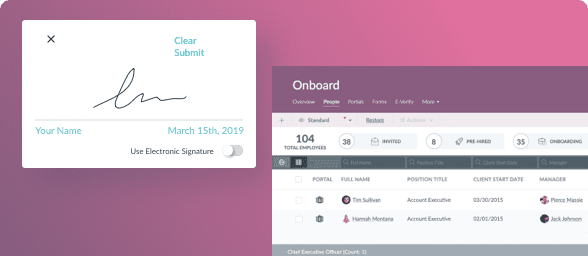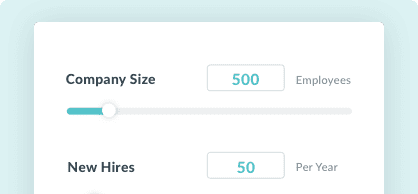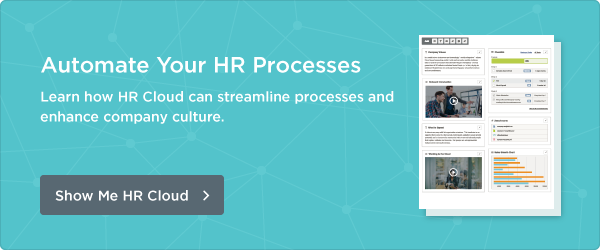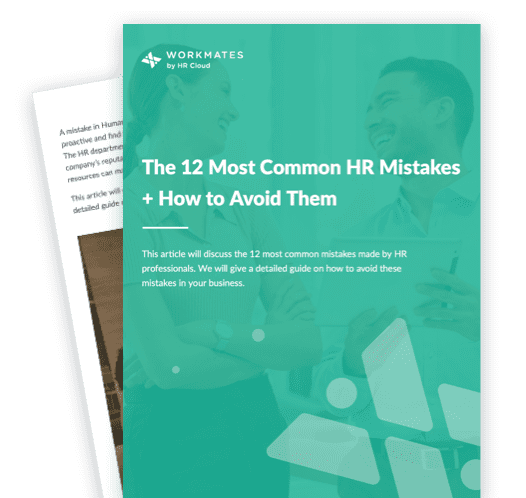Let Us Help You Engage Your Employees!
Onboard New Hires Safely, Efficiently, and Effectively.
Are You Interested in Improving Your HR Organization?
Interviewing an experienced professional may seem fairly straightforward; however conducting an interview with millennials in the workplace is anything but.
Often managers find themselves in the difficult situation of determining which interview questions to ask for best response and sometimes struggle to translate the answer into something that is job related. What happens next goes something like this: the junior candidate is passed over because they appear to be too confident, seem to lack interest in the role, and give the impression that they need more hand-holding and structure than a busy team can provide.
Typically, this perception or translation is not accurate.
To add some balance to this equation, I sat down with a team of managers responsible for interviewing candidates on a regular basis. This team is highly effective in interview preparation that draws out experiences and examples that shed light on one’s background and potential fit for the organization. They put candidates at ease and really enjoy sharing the story about projects, culture, and work environment. However, over the past few weeks, I’ve noticed they are interviewing more junior candidates that have little to no work experience, yet the interview questions remain the same, causing hesitation and doubt during the “move to offer” stage. After much research and discussion in this area and based on my own experiences, I shared the following tips with the interview team:
Tweet: 5 tips for teaching managers how to interview millennials @HRCloud
-
Tailor Your Interview Questions.
Consider getting rid of the question, “Where do you see yourself in 5 years?” Right now, this millennial candidate wants to get to work and make a difference. They’re eager to be taught and to learn—all while putting their summer internship to good use. Our world is so dynamic and changes constantly. Asking where they want to be in 5 years…well, that’s not going to give you the best sense of who they are or what they can do. They may have a general idea, but frankly, they’re more interested in what the next 6 months will bring and who they’ll be working with. Instead, I like to ask what they’re excited to learn more about…what tools or software programs interest them, and how do they feel about assuming a leadership position down the road.
-
Be Prepared for “Unorthodox” Questions.
If they ask you a question about company longevity, furloughs or acquisitions, that’s normal. Sure, they’ve done their research and track your moves on social media but asking questions about company positioning on the expected decline of federal contracts, contract wins and possible “bench” time that could lead to a layoff…well, that’s legit. Your organization may not have participated in lay-offs, but that doesn’t mean it’s not a valid question. Stability is important to everyone.
-
Keep Your Red Flags at Bay.
When a millennial asks about office hours, culture, and work place flexibility, they’re not showing a lack of interest or motivation. They honestly want to know what it’s like to work there. In a tight job market, interviews are a two-way street. As the hiring manager, you really don’t hold all of the cards any longer; you are being interviewed as well and believe it when I say, you’ve been Googled. Be honest. Paint a real picture of what your day looks like and what the options are for working from home, if they exist. Millennials care about work-life balance just as much as those employees with a family or outside interests. With technology, the way we work has changed, and if your organization offers flexibility, make sure it’s front and center in your recruitment campaign.
-
Tweak Experience Based Questions.
If you find that it’s difficult to ask experience based questions because your millennial candidate has only 2 summer internships under their belt, focus on extracurricular activities. Understanding how time is spent, whether that’s volunteering, sharpening technology skills, or playing on a kickball team, you’ll be able to determine behavior and outcomes based on the way you ask the questions. For example, “Tell me about a time your team lost a big game. How did you handle the loss? Or, how often do you feel it’s necessary to practice java script until you feel confident in your ability to use it regularly?”
-
Think Long Term.
Sometimes you’re so focused on what you need that you fail to see the potential sitting right in front of you. Sure, you’ve got deadlines to meet and orders to fulfill, and you need employees that can get the job done. However, if you’re looking to check every box on your “must haves,” you might just miss the best must have of all—a millennial candidate that is eager to learn and soak up everything you teach in a very short time. Think long-term, big picture. With the right training, you get the right employee that is excited, loyal and challenges the team, taking your organization to bigger and better things. Think creativity and innovation. Think motivation, drive, and high performance that ultimately results in increased revenue and market share.
If you need a broader look at this issue you can google “write my dissertation for me” and surely you will find an answer.
Keep Reading
Workforce Management through Tech-Based Tools: Streamlining Construction and Roofing Operations
As industries evolve, adopting innovative approaches to workforce management is essential
Skills vs Abilities in the Workplace
Modern-day workplaces are facing many challenges that were not foreseeable a few years







